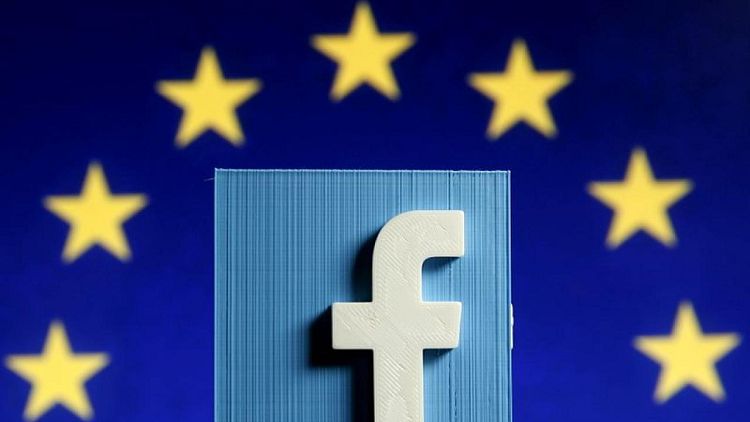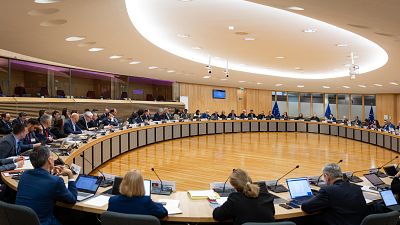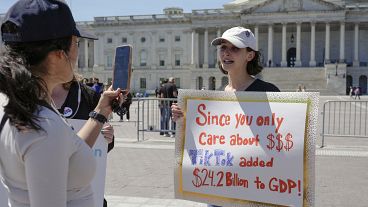By Foo Yun Chee
BRUSSELS (Reuters) -New stricter European Union guidelines will push Facebook, Google and other big tech companies to commit not to make money from advertising linked to disinformation.
The European Commission said on Wednesday that its strengthened non-binding guidelines, which confirmed a May 19 Reuters report, set out a robust monitoring framework and clear performance indicators for firms to comply with.
Concerns about the impact of disinformation have intensified during the COVID-19 pandemic and after claims about election fraud in the United States, with some critics pointing to the role of social media and tech giants in spreading it.
"Disinformation cannot remain a source of revenue. We need to see stronger commitments by online platforms, the entire advertising ecosystem and networks of fact-checkers," EU industry chief Thierry Breton said in a statement.
Vera Jourova, Commission Vice President for Values and Transparency, said the issue was urgent because of the fast evolving threats posed by disinformation.
"We need online platforms and other players to address the systemic risks of their services and algorithmic amplification, stop policing themselves alone and stop allowing to make money on disinformation, while fully preserving the freedom of speech," she said.
Signatories to the code, which was introduced in 2018, include Google, Facebook, Twitter, Microsoft, Mozilla, TikTok and some advertising and tech lobbying groups.
"We support the Commission's focus on greater transparency for users and better collaboration both amongst platforms and across the advertising ecosystem," Facebook said.
Twitter said in a statement that it "supports an inclusive approach that takes a wider look at the information ecosystem to address the challenges of disinformation".
The EU executive said it wants ad exchanges, ad-tech providers, brands benefiting from ads and private messaging services to sign up to the code.
It expects signatories to come up with details of how they aim to comply with the updated guidelines by the end of 2021 and to implement them by early next year.
(Reporting by Foo Yun Chee;Editing by Alexander Smith)



